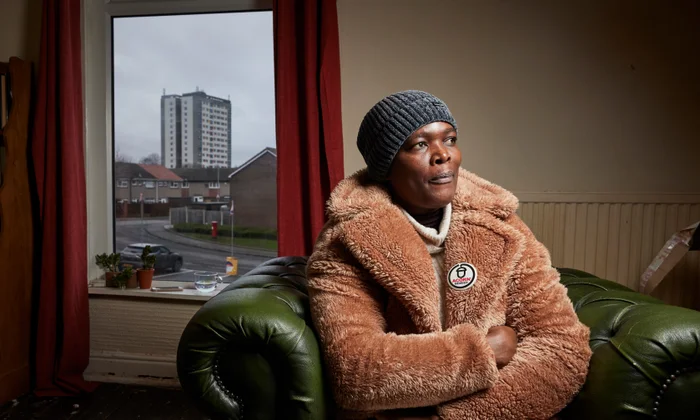
by Priviledge Zviregei
When the Certificate of Sponsorship (COS) for the United Kingdom was introduced, it brought a wave of optimism among many Zimbabweans eager for a brighter future. This document, essential for securing employment in the UK, ignited dreams of prosperity and stability. As Zimbabweans prepared for the journey, many invested in nurse aid courses, tuberculosis tests, and English proficiency exams. Families pooled resources, often sacrificing property and savings to fund the migration process. Despite the UK government not charging for a COS, a lucrative black market emerged, with some licensed providers exploiting desperate applicants for thousands of dollars.
However, the anticipated opportunities have often turned into harsh realities. While some have successfully settled in the UK and found work, others face soaring living costs and stagnant wages, leading to disillusionment. Winnet Mushaninga, a Zimbabwean now living in Leeds, shared her struggles. She described living with seven others in a cramped two-bedroom house, working long hours for low pay that barely covered her rent. For many, the dream of homeownership and a comfortable lifestyle is slipping away.
The pressures of adapting to life in the UK have strained many marriages. Couples separated by the immigration process often find it challenging to reconnect, leading to tension and conflict. Husbands who followed their wives frequently struggle to adjust, facing reminders of their dependency on their partners for migration. Reports of infidelity have also surged. Many women, arriving in the UK alone, have found themselves drawn into affairs, sometimes with older men who can provide financial support. This “sugar daddy syndrome” has disrupted relationships within the Zimbabwean community. Ben, a Bedford resident, observed, “Once one lets their wife leave Zimbabwe without following immediately, that’s it. Many women start new relationships before their husbands arrive.” Sally, a long-term resident from Northampton, expressed concern over the impact of new arrivals on existing marriages. “So many Zimbabwean men suddenly found themselves surrounded by these women who came on a COS,” she said, highlighting the challenges faced by couples trying to maintain fidelity amidst new temptations.
Cultural adjustments further complicate the situation. Many men, accustomed to traditional family roles, find themselves overwhelmed by the expectations of shared domestic responsibilities in the UK. This shift can lead to friction when financial pressures mount, as both partners must contribute to household duties. Ropa, a Zimbabwean mother, noted the troubling changes she has witnessed in her community. “Some behave like they are seeking financial support at any cost,” she said, emphasizing the moral dilemmas faced by many.
As Zimbabweans navigate their new lives in the UK, the initial promise of the COS is marred by disillusionment, infidelity, and cultural clashes. While the opportunity to work and provide for families remains, the journey is fraught with challenges that threaten the fabric of relationships and community cohesion. The dream of a “Promised Land” has transformed into a complex reality filled with both hope and hardship.




